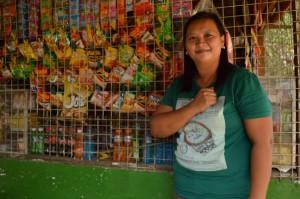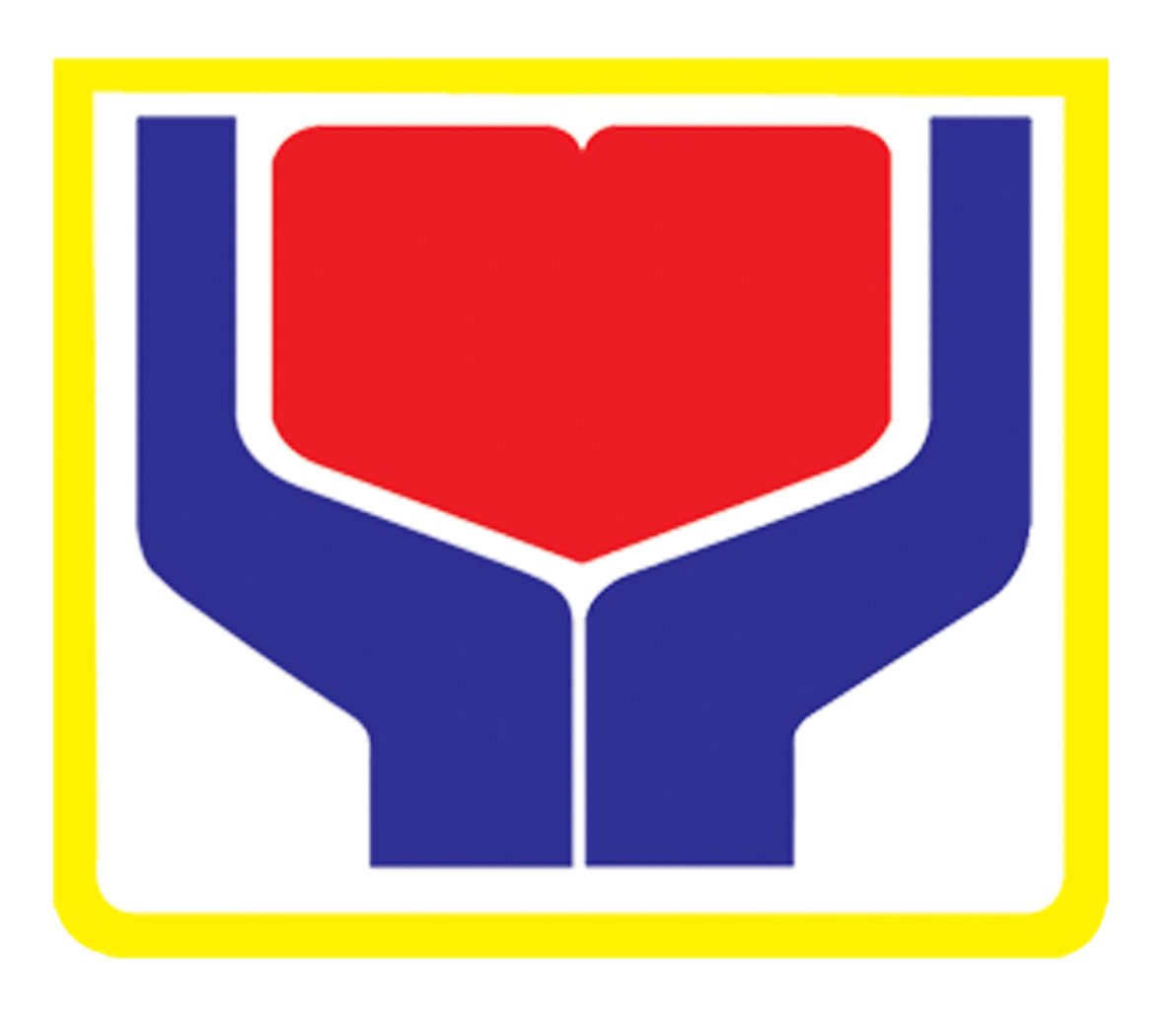
At first glance, Maribel Rebadio, 36, looks without any trace of her tribe.
However, what she may have lost in her physical attributes, she has not lost inside her. For Maribel, what she is doing right now is a love for their Sama-Bajau tribe—their rich culture and her dream of freeing everyone from fear and poverty, especially the negative image the public has given them.
Maribel, a resident of Brgy. Malitam in Batangas City, is a Sama-Bajau who chose to start a family of her own in the said community—away from poverty and conflict in their native land in Mindanao.
“Hindi naging madali ang buhay namin dito dahil pare-pareho kaming hindi nakapagtapos ng pag-aaral. Kung anu-ano ang pinasok na trabaho ng asawa ko, minsan nakakaraos kami, minsan hindi,” shared Maribel, who has four children.
However, for Maribel, she is grateful that despite the hardships they went through, her family has come a long way. Armed with the various opportunities that came along their way, Maribel sees hope for her children’s education and now, for her tribe’s future.
The start of change
In 2012, Maribel’s family was included in the first beneficiaries of the Modified Conditional Cash Transfer (MCCT) Program for Families in Need of Special Protection.
The MCCT is a modified approach of the regular Pantawid Pamilyang Pilipino Program that aims to capture displaced families, indigenous people migrant families, informal settlers, and families with children in need of special protection such as those who are out-of-school, abandoned, abused, victims of exploitation, laborers, with disabilities and on the streets.
The said program was implemented by Lingap Pangarap ng mga Paslit Center, Inc. (LPPCI), a partner civil society organization of the Department of Social Welfare and Development (DSWD) Field Office IV-A.
The LPPCI has served a total of 611 Sama-Bajau families in Batangas Province. These families, after a year of being beneficiaries of the MCCT, were transitioned to the regular Pantawid Pamilya program.
“Noong napasama kami sa MCCT, unti-unting nabago ang buhay namin. Malaking bagay sa aming pamilya na may tumutulong sa pagsagot sa pangangailangan namin sa araw-araw lalo na ‘yung PhP2,800 na suporta para sa pag-aaral ng tatlo kong anak,” she shared.
According to Maribel, the Family Development Sessions (FDS) has also opened the minds of most of the members of the tribe, particularly the parents.
“Natutunan namin sa FDS ang tamang pag-aaruga sa aming mga anak. Marami sa amin ang madalas may problema at dahil doon, napapabayaan na namin ang mga bata. Sa FDS, natuto kaming magpasensya,” Maribel said.
The FDS is a monthly gathering of parent-grantees that teaches lessons on strengthening marital relationships, rights of children and financial management among others.
Further, Maribel learned to value the education and dream for the future of her children. Hence, she started a small sari-sari store business out of the savings from her husband’s income as a fisherman to help with the finances.
“Nagsimula kami sa kalahating sakong bigas lang. Ngayon, malaki na ang aming tindahan at nagagamit na namin para suportahan ang pangangailangan ng mga bata,” she shared with pride.
A chance to help the tribe
As part of the convergence efforts of the DSWD in improving the living condition of the beneficiaries, the Sama-Bajau tribe in Batangas City was provided with other opportunities through the Comprehensive Program for Sama-Bajau.
This program is a social technology developed by the DSWD that aims to achieve zero incidences of Sama-Bajaus in the streets. This program, through the support of the LGUs and other non-government organizations, provides a package of assistance to identified families living and working in the streets. Forms of assistance for these beneficiaries include permanent shelter, education, livelihood and skills trainings.
As part of the comprehensive program, Maribel was trained under the Empowering Learning Sessions for Indigenous Peoples Initiatives (ELIPI) and is now a Sama-Bajau facilitator.
The ELIPI is a learning tool that helps build the potentials of Sama-Bajaus by teaching them their rights and responsibilities and capacitating them to develop self-reliance.
“Bilang facilitator ng ELIPI, nagagamit namin ang aming natutunan. Natututo na ako, nakakatulong pa ako sa aking mga kapitbahay at sa ibang mga Sama-Bajau,” Maribel shared.
Admittedly, Maribel knows it is hard to impart new knowledge to the Sama-Bajau parents; however, she learned to be patient with them.
“Halos lahat dito ay hindi nakapag-aral, kaya nilalawakan namin ang pang-unawa sa kanila at ipinapaintindi ang mga gustong iparating ng ELIPI,” she shared.
For Maribel, what she would like to teach the parents best is to value the education of the children.
“Mas malayo ang mararating ng bawat Sama-Bajau kung lahat kami ay nakapag-aral. Sa kultura namin, sa edad na 14, p’wede nang mag-asawa ang mga kabataan kaya hindi na nakakapagtapos ng pag-aaral. Natatalo ng kultura naming ito ang kahalagahan ng edukasyon” said Maribel.
According to her, it does not hurt to welcome a new tradition.
“Pinapaintindi namin sa kanila na bawasan ang kultura na minsan ay nakakasama na sa amin. Ang pag-aaral kasi ang magiging susi ng tagumpay sa sarili namin, sa pamilya namin at sa buhay namin,” she shared.
For Maribel, there will be no greater pride and contentment as a Sama-Bajau than seeing every one of them successful in the future—away from the usual distaste of the public most of them are experiencing today.#
